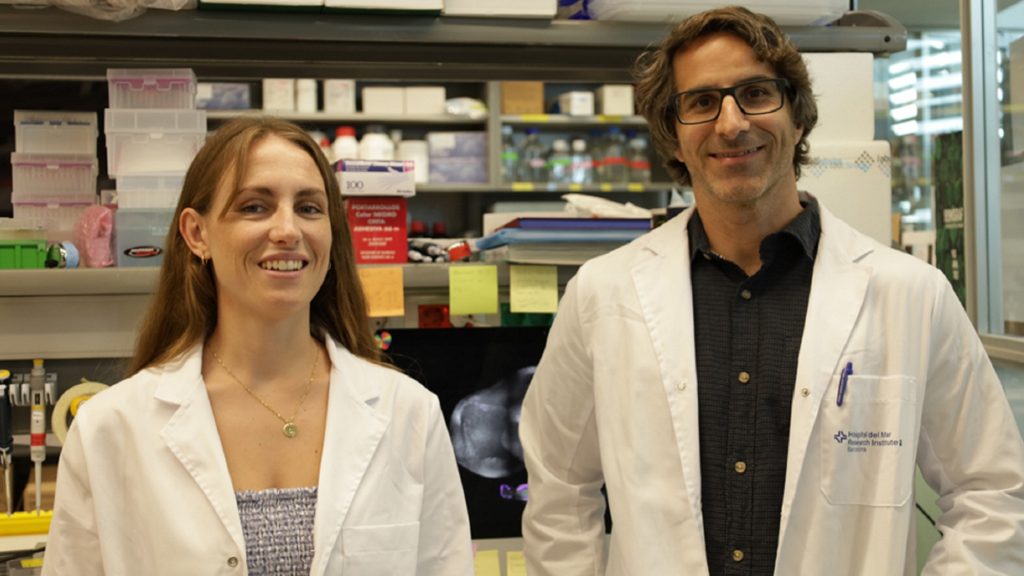A recent joint publication from the teams of Dr. Sara Sdelci and Dr. Verena Ruprecht sheds light on how cancer cells adapt metabolically to withstand mechanical stress—an emerging area directly aligned with PLAST_CELL’s mission to understand cellular plasticity in metastasis.
The study, which received notable media coverage, shows that mechanical stress causes mitochondria in cancer cells to move closer to the cell nucleus. This shift leads to a boost in energy (ATP) production near the nucleus. The close positioning helps cancer cells repair DNA, change their chromatin structure, and continue dividing, even under the physical pressure of the tumor environment.
Importantly, this research not only deepens our understanding of how the mechanical properties of the tumor environment shape cancer cell behavior, but also illustrates a clear case of metabolic adaptation critical for metastatic progression.
We are proud to note that the study was partially funded by the PLAST_CELL project, and PLAST_CELL researcher Fabio Pezzano is the first co-author, highlighting the impactful contributions of our consortium members to high-profile discoveries.
We warmly congratulate both teams for this innovative and interdisciplinary work!


